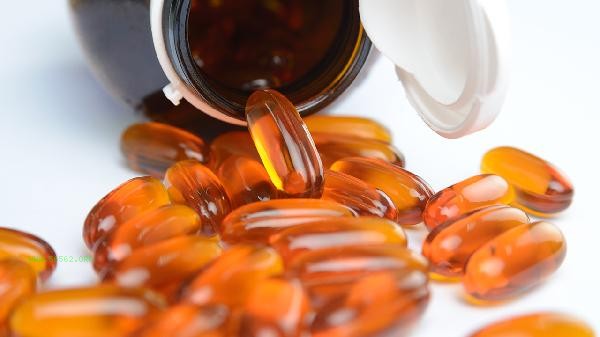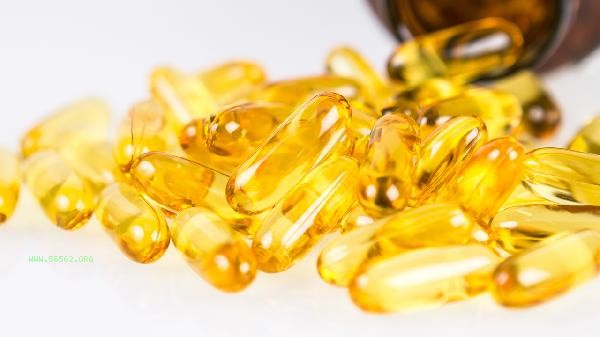supplementing with vitamin B can be achieved by consuming animal liver, whole grains, green leafy vegetables, eggs, dairy products, and other foods in moderation. It is also possible to follow medical advice by taking compound vitamin B tablets, vitamin B1 tablets, vitamin B2 tablets, vitamin B6 tablets, vitamin B12 tablets, and other medications. It is recommended to choose an appropriate way to supplement vitamin B according to one's own situation, and if necessary, consult a doctor or nutritionist.

1. Food
1. Animal liver
Animal liver such as pig liver, chicken liver, etc. contain rich B vitamins, especially vitamin B12 and folate. Moderate consumption can help prevent anemia and improve neurological function. But it is important to control intake and avoid high cholesterol levels.
2. Whole Grains
Whole grains such as brown rice, oats, etc. are rich in vitamins B1, B2, and niacin. These nutrients help with energy metabolism and maintain skin and nervous system health. Suggest replacing some refined grains with whole grains to obtain more nutrients.
3. Green leafy vegetables
Spinach, rapeseed and other green leafy vegetables contain a lot of folic acid and vitamin B2. Folic acid is particularly important for pregnant women and helps with fetal neural tube development. Vitamin B2 participates in the body's redox reactions and maintains the health of the skin and mucous membranes.
4. Eggs
Eggs are a high-quality source of protein and provide a variety of B vitamins, especially biotin and vitamin B12. Moderate consumption can help maintain healthy hair and nails, and improve memory. But high cholesterol individuals need to control their intake.
5. Dairy Products
Milk, yogurt, and other dairy products are rich in vitamin B2 and vitamin B12. These nutrients help with red blood cell production and maintain visual health. Lactose intolerant individuals can choose low lactose or lactose free products.

2. Medication
1. Compound Vitamin B Tablets
Compound Vitamin B Tablets contain multiple components of the vitamin B family and are suitable for preventing and treating vitamin B deficiency. Can be used to improve symptoms such as fatigue and oral ulcers, but should be used under the guidance of a doctor.
2. Vitamin B1 Tablets
Vitamin B1 tablets are mainly used for the prevention and treatment of beriberi, and can also be used to improve symptoms such as loss of appetite and indigestion. Long term alcoholics may require additional supplementation.
3. Vitamin B2 Tablets
Vitamin B2 tablets are suitable for treating symptoms of vitamin B2 deficiency such as angular stomatitis and glossitis. Helps maintain skin and mucosal health and promotes wound healing.
4. Vitamin B6 tablets
Vitamin B6 tablets can be used to treat diseases such as pregnancy vomiting and anemia. Involved in amino acid metabolism and hemoglobin synthesis, but long-term high-dose use may lead to neurological symptoms.
5. Vitamin B12 Tablets
Vitamin B12 tablets are mainly used to treat pernicious anemia and neurological diseases. This is particularly important for vegetarians and the elderly, as it can improve anemia and cognitive function.

Vitamin B is a water-soluble vitamin that needs to be supplemented daily. In daily diet, attention should be paid to diversification to ensure a balanced intake of various foods. Try to minimize high temperature and prolonged heating during cooking to avoid loss of vitamin B family. Special populations such as pregnant women, elderly people, vegetarians, etc. may require additional supplementation. If there are obvious symptoms of vitamin B deficiency, it is recommended to seek medical examination in a timely manner and use medication reasonably under the guidance of a doctor. Maintaining good lifestyle habits, avoiding excessive alcohol consumption and picky eating habits, can help maintain normal levels of vitamin B.



Comments (0)
Leave a Comment
No comments yet
Be the first to share your thoughts!